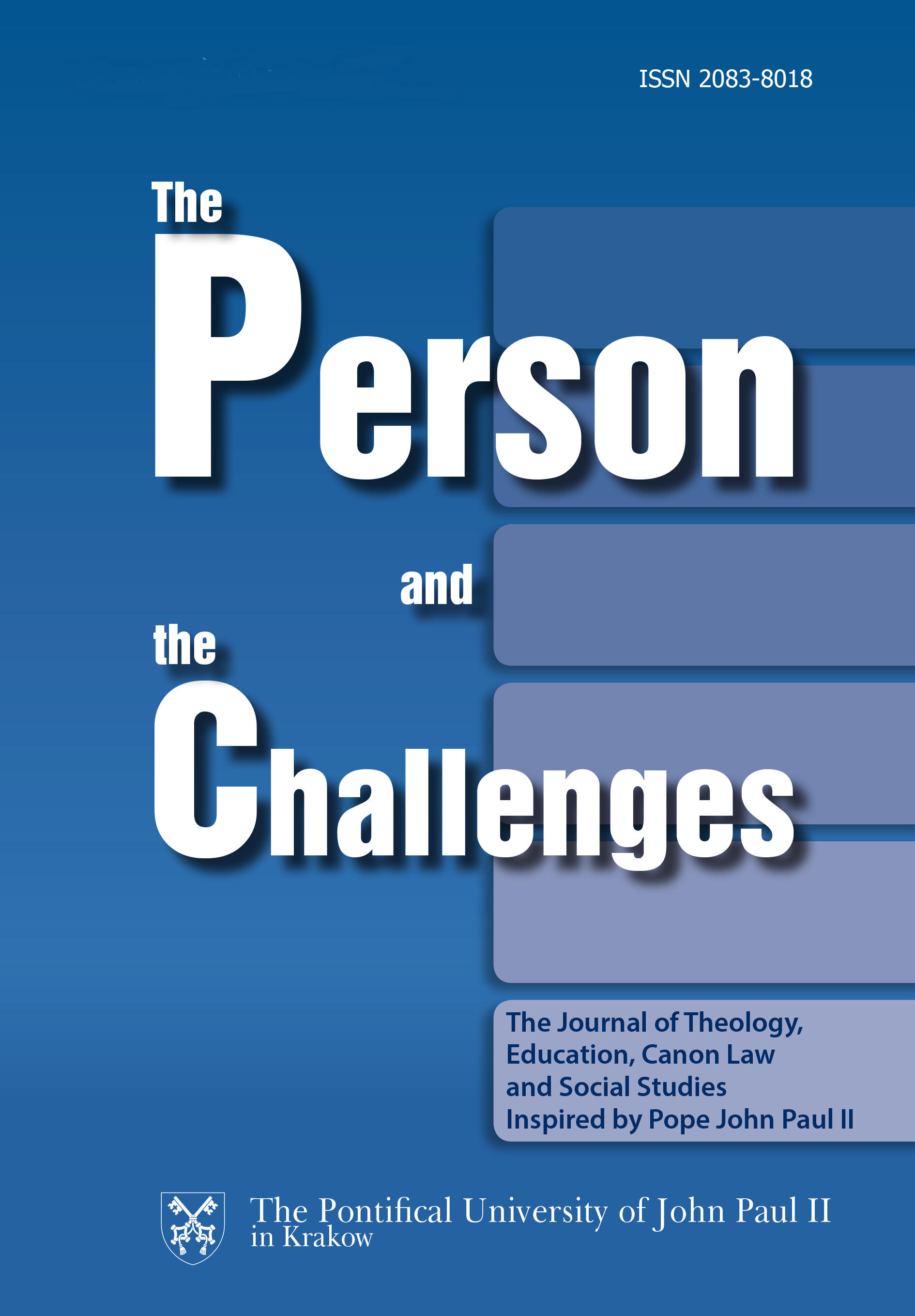Parents as parents-in-law in the light of Erik Erikson’s theory
Parents as parents-in-law in the light of Erik Erikson’s theory
Author(s): Weronika JuroszekSubject(s): Behaviorism, Psychoanalysis
Published by: Wydawnictwo Naukowe Uniwersytetu Papieskiego Jana Pawła II w Krakowie
Keywords: Parents-in-law; Erik Erikson; family roles; developmental stage;upbringing;
Summary/Abstract: The role of parents-in-law according to Erik Erikson’s theory, has been analyzed in this paper.Erikson claims that a man develops throughout his whole life, solving subsequently appearing crises. The proper solution of these crises enables the achievement of integration. The results of research, carried out by Menelaos Apostolou, regarding the influence of parents on the choice of a son or daughter-in-law have been presented in this paper. These results show that the marital choices of offspring most often lack their parents’ approval, and they often also lead parents to use manipulation techniques. Such regularity is often the basis of difficult spouse-parent-in-law relationships.The role of parents-in-law takes place in the period of middle adulthood in which an individual faces the productivity-stagnation process. It has been assumed that the role of parents-in-law is embedded in this crisis. According to Erikson, the crisis in the period of middle adulthood, as well as in any other period, is the friction of two opposing pursuits: progression and regression, where in case of middle adulthood, the progression stage is called productivity and regression – stagnation. Moreover, social and individual factors (including biological and psychological levels) activating regressive and progressive states in parents-in-law have been submitted for analysis.It is stressed, in this paper, that the parents’ virtue, which is care, is not limited only and exclusively to their own biological offspring – the process of upbringing should also include a broad understanding of the notion of providing welfare to future generations.
- Issue Year: 5/2015
- Issue No: 2
- Page Range: 123-135
- Page Count: 13
- Language: English

